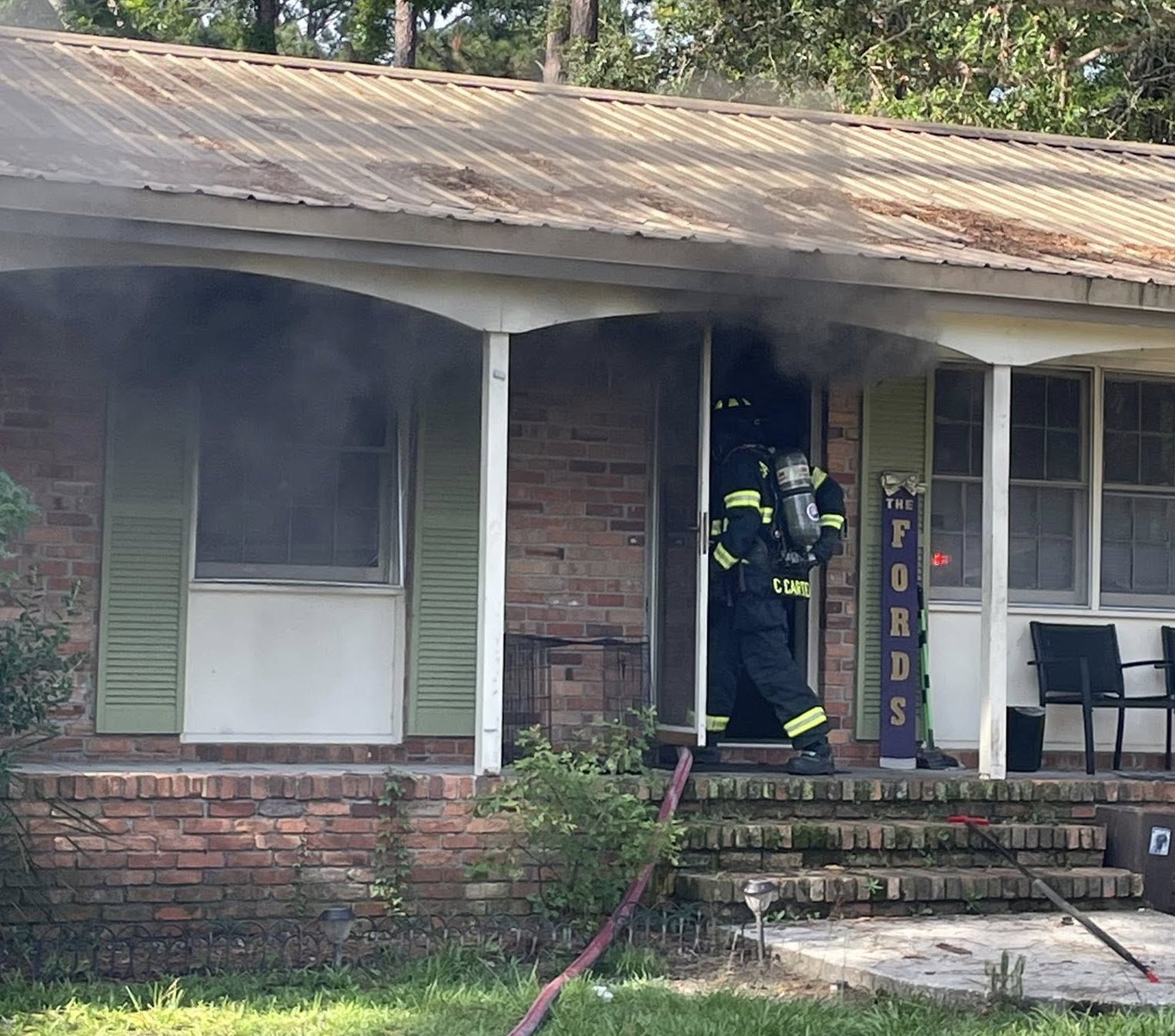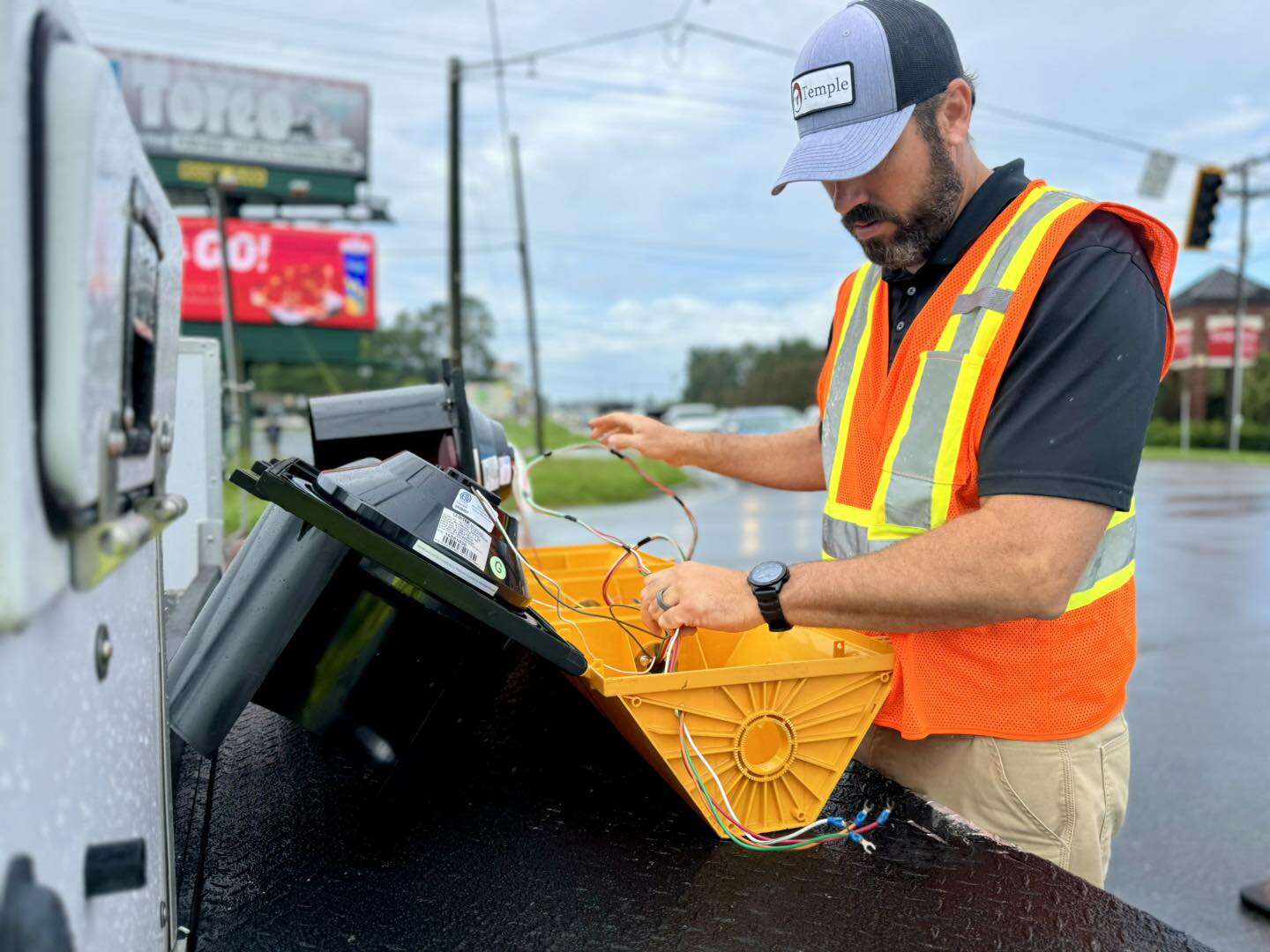MEDICAL MARIJUANA | Program quickly evolves into multi-million dollar industry
Published 7:00 pm Saturday, September 21, 2019
HARRISBURG, Pa. — In the two-and-a-half years since Gov. Tom Wolf signed Act 16 of 2016, making Pennsylvania then the 24th state to allow patients to use medical marijuana, the state’s program has created a multi-million dollar industry with dozens of dispensaries scattered across the state.
The first dispensaries opened in February 2018. By the middle of August of this year, dispensary sales had hit $200 million, said Nate Wardle, a Department of Health spokesman.
Also, 19 of the state’s approved 25 grower/processors are operating and together they’ve had $150 million in wholesale medical cannabis sales to the dispensaries, Wardle said.
That means medical marijuana is already a $350 million industry in Pennsylvania — despite the fact that just 60 of the planned 150 dispensary locations are up-and-running.
The state’s been able to quickly establish a tightly-regulated network of doctors, growers and dispensaries to get high-quality medical marijuana to patients, said Dr. Rachel Levine, Pennsylvania Health Secretary.
In response to open records requests, the department provided sales revenue for the dispensaries through the middle of April. The 46 dispensaries open at that time reported a combined total of $116 million in sales at that point. By the middle of August, Wardle said that figure had reached $200 million.
Solevo in Squirrel Hill, Pittsburgh, had sold $6.4 million worth of medical marijuana since its dispensary opened in February, 2018 — the highest amount sold by any dispensary in the state, through mid-April, according to the Department of Health.
Each dispensary operator is allowed three locations, according to the medical marijuana law. The three dispensaries operated by Cresco Yeltrah in Pittsburgh, Butler and New Kensington combined to sell $11.4 million worth of medical marijuana through mid-April, the most of any dispensary group.
The Healing Center in Monroeville, Allegheny County, sold an average of $561,478 worth of medical marijuana in each of the seven months it was open through mid-April, according to the Department of Health revenue data. That was the highest per month sales average. Overall, The Healing Center in Monroeville sold $3.9 million worth of medical marijuana through mid-April.
Becky Dansky, a lobbyist for the Marijuana Policy Project who helped lead the effort to win support for medical marijuana in Pennsylvania, said she’s been pleased at the state’s aggressive timeline.
She is concerned, though, that the state hasn’t done enough to ensure that dispensaries open in rural areas of the state as quickly as they have in the urban and suburban areas.
Of the 46 dispensaries open through mid-April, just seven were in rural Pennsylvania — Altoona, DuBois, Carlisle, Chambersburg, Gettysburg, Hanover and Williamsport. Fourteen more dispensaries have opened since then. Seven of those are in rural Pennsylvania — Bloomsburg, Brookville, Bradford, Johnstown, Labtrobe, Lebanon and Mechanicsburg, according to information from the Department of Health.
Another, in Selinsgrove, has a grand opening scheduled for Sept. 26.
Dansky also pointed out that the state’s stiff financial requirements, including that operators needed $2 million in capital to get a permit, guaranteed that only extremely wealthy growers could get permits.
As a result, most of the operators are linked to companies that had already established themselves in the marijuana industry in other states, said Patrick Nightingale, executive director the Pittsburgh chapter of NORML, a marijuana law reform advocacy group.
Still, ensuring the quality of the cannabis available was important, especially in rural Pennsylvania where there are few dispensary options available to the public to choose from, Dansky said.
Patient costs
Another concern for advocates is that the price of medical cannabis has been expensive, Nightingale said. Prices vary by region, dispensary and dosage, and none of it is covered by health insurance plans.
Dr. Yi Yan Hong, a pain management specialist in Johnstown, says his patients pay from $60 to $200 a month for legal cannabis.
Prices vary by product and company. Nature’s Medicine operates dispensaries in State College and Bloomsburg and will soon open in Selinsgrove, location pending. According to a menu on its website, one leaf product sells for $60 for 3.5 grams while vape products range from $26 to $100 depending on type, weight and brand. Capsules start at $16 and oils at $70, ointments at $20 and tinctures at $32.
Les Stark, executive director of the Keystone Cannabis Coalition, a Berks County-based group focused on legalizing marijuana for adult recreational use, said its not clear an increase in supply will lower the price paid by medical marijuana patients.
“If the increase in supply is offset by increased demand as more patients sign up, then the impact on price would be muted, Stark said.
In other states, allowing adult recreational use of marijuana has done the most to make marijuana affordable to people who need it for medicine, Stark said.
State program leads region
Pennsylvania’s medical marijuana program has already attracted more patients than similar programs in neighboring states. According to the state Department of Health, as of Sept. 16, there were 172,500 patients with medical marijuana cards, 131,000 of which are considered active users. Additionally, there are about currently 27,000 more navigating the process.
Ohio’s program has about 35,000 patients, New Jersey’s, 49,559; and New York’s, 103,639, according to the Marijuana Policy Project, a Washington, D.C.,-based organization that lobbies for marijuana reform.
But across the country, other states have programs with more patients. The Marijuana Policy Project estimates that 1.2 million people in California are using medical marijuana. It was one of six states — the others are Arizona, Maine, Montana, New Mexico and Michigan — where more than 2.5 percent of the population is using medical marijuana.
If Pennsylvania were to hit that mark of 2.5 percent of its population, it would double the number of patients enrolled.
Colorado’s medical marijuana sales peaked in 2016, when patients bought $445 million worth of medical cannabis. Medical marijuana sales in that state have slowed as recreational marijuana sales have increased. In 2018, medical marijuana patients bought $332 million worth of medical cannabis, while the state had $1.2 billion in recreational pot sales.
Companies count on growth
Projections included in the highly-redacted permit applications submitted to the Department of Health by growers show that the companies are counting on ongoing increases in demand for medical cannabis in Pennsylvania.
In its permit application, FarmaceuticalRx told the Department of Health it expected $5.6 million in sales in the first year, $15.4 million in the second year and approaching $28 million in sales by the fourth year. The company projected an $8 million loss in the first year, but $2 million in profit in the second year and $12 million in profit by year four. The company is operating a grower/processor facility in Farrell, Mercer County.
Those sales estimates were based on the assumption that 2 percent of Pennsylvania residents begin using medical marijuana, according to the permit application.
In its permit application, Green Leaf, which is operating a grower/processor facility in Bedford County estimated that it would sell $150,000 a month to start, ramping up to $2 million a month by the end of this year.
Adding jobs
That medical cannabis production will translate into dozens of jobs at location, according to growers.
“At full production, approximately 60-plus full-time Calypso employees will earn a total anticipated payroll over $2 million,” according to the permit application for Calypso, a grower-processor in Erie.
Creating jobs in areas of the state where an economic boost is needed is one of the benefits of the burgeoning industry, said Josh Genderson, chief executive officer of Holistic Industries
“We want to provide jobs where jobs are needed,” said Josh Genderson, chief executive officer of Holistic Industries, about why they chose New Castle as the location for their growing facility in 2017.
“We had representatives working with the bill sponsors that helped develop what would become the Medical Marijuana Act of Pennsylvania,” said Genderson. “We were looking for a community that we could impact,” said Genderson. “We found New Castle to be supportive of our efforts. They were true believers in cannabis as medicine.”
Holistic projected in their application to have 150 employees in the next 5 years.
“I believe we are on track (to meet the projection),” said Genderson, “In fact, I think we may even surpass that.”





